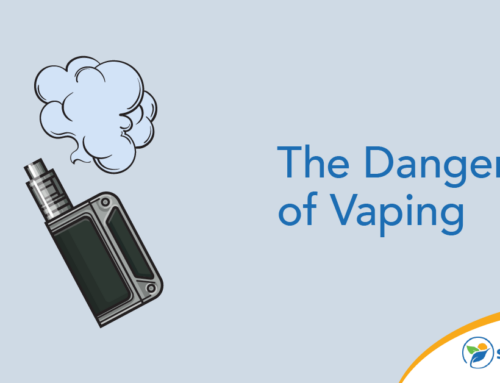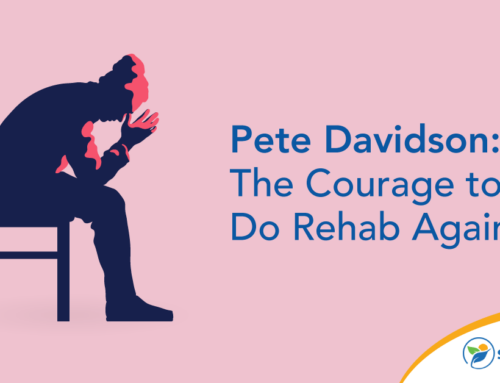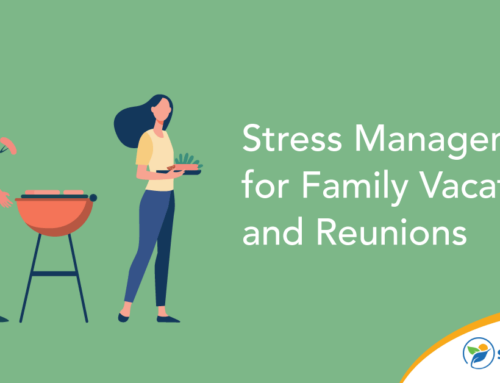Have you ever received an off-label prescription? “Off label,” meaning a drug prescribed for something other than the use approved by the FDA, is becoming a more common practice. Doctors have the latitude to prescribe drugs off-label, but that doesn’t always mean the prescription is given responsibly.
Let’s discuss the off-label meaning, the ethical questions surrounding off-label prescribing and the importance of empowering both doctors and patients to make responsible decisions.
Uncovering the Issue: Overprescribing Off-Label Medications
Off-label prescriptions are increasingly common, but this trend is concerning to many experts. There’s no question that these prescriptions have their place in medicine and are a necessary part of many treatment protocols, but plenty of medications are “overprescribed” off-label — meaning they’re not strictly necessary.
Off-label prescribing is especially common with medications such as antidepressants, antipsychotics and painkillers. You may have read about the skyrocketing popularity of the diabetes medication Ozempic, which is prescribed off-label as a weight loss medication. The problem with indiscriminate off-label drug use is that many medications haven’t been adequately studied for these different uses, leading to potential health risks.
The consequences of off-label prescribing may include unexpected side effects, adverse interactions and a lack of efficacy for the condition being treated. The practice also raises important ethical questions, such as whether health care professionals involved in off-label prescribing are always making informed decisions that put the health of the patient first.
In certain cases where no suitable alternatives exist, off-label prescribing is necessary. But the growing number of off-label prescriptions calls for a closer examination of this practice. How can regulators uphold the rights of patients to explore every avenue for restoring their health while also protecting them from unscrupulous providers who don’t have their best interests in mind?
The Dangers of Inappropriate Off-Label Drug Use
Off-label prescribing can offer hope for patients whose conditions aren’t responding to other forms of treatment. But there’s a darker side to this practice. Prescription drugs go through extensive clinical trials and a rigorous approval process for a reason. When doctors circumvent this process by prescribing drugs for uses that haven’t been properly studied, patients may be exposed to unnecessary dangers.
One such danger is the risk of side effects and adverse events. These are often mild, involving only temporary discomfort, but in some cases they can lead to severe health risks. Patients prescribed drugs for off-label use might not be properly informed of the risks involved, especially when the particular application of a drug hasn’t been well-studied.
Popular fads in areas such as weight loss and bodybuilding may make doctors feel pressured to prescribe drugs off-label without documenting their rationale for doing so or informing the patient of all the pros and cons. When doctors overprescribe drugs for off-label use without fully understanding the risks, this can erode patients’ trust in their health care providers and prevent the doctor from effectively monitoring the patient’s progress.
Excessive off-label prescribing may also be responsible for exacerbating the culture of overmedication, where patients receive unnecessary treatments that may not improve their health and can lead to the overuse of and unnecessary dependence on certain medications.
Commonly Overprescribed Off-Label Medications
Off-label drug prescribing isn’t inherently problematic. It can help patients recover from conditions that aren’t responding to regular treatment and in some cases even save their lives. But when medications are prescribed off-label for murky or unstudied reasons, problems can arise.
One class of medications often prescribed off-label is antidepressants. These drugs exist for the explicit purpose of managing depression and related mood disorders. Some doctors, however, prescribe them off-label for conditions such as generalized anxiety disorder, panic disorder and even chronic pain. Many patients find relief when taking antidepressants for these conditions, but the potential side effects and long-term implications haven’t been rigorously studied, and there may be safer and more effective alternatives.
Another type of medication frequently overprescribed off-label is antipsychotics. These drugs are approved for treating severe mental illnesses such as schizophrenia and bipolar disorder, but some doctors prescribe them for conditions such as insomnia and anxiety. The problem is that these are heavy-duty drugs with major potential side effects that include weight gain, metabolic disturbances and mental health issues. When doctors prescribe them for conditions they haven’t been studied for, it’s difficult to know whether the benefits outweigh the risks.
In recent years, painkillers such as opioids have seen higher numbers of off-label prescriptions, though increased regulatory scrutiny and public opinion have led many doctors to be more judicious about doling them out.
Promoting Responsible Prescription Practices and Patient Education
Off-label prescribing isn’t going away, so how can regulators protect patients while upholding their ability to explore every avenue to get better? The answer involves educating both the doctor and the patient. Medical professionals must receive proper training on the safety and ethics of off-label prescribing, and patients should be informed of all the implications of taking a drug off-label.
Health care professionals have an ethical duty to stay up to date with the latest research and clinical evidence so they can make informed decisions when considering off-label prescriptions. They also bear the responsibility of educating patients on why they might recommend an off-label prescription and any potential risks. Documentation is also critical — if regulators come calling, a doctor must be able to explain why they made a particular decision.
To that end, regulatory agencies also play a crucial role in overseeing off-label prescriptions. They should provide clear guidelines for off-label drug use, emphasizing transparency and holding providers accountable for the prescriptions they issue.
Striking a balance between medical innovation and patient safety is essential. Responsible prescription practices and improved patient education are vital for getting the balance right and ensuring off-label drug use benefits patients while minimizing potential risks.
If you or someone you love is struggling with drug dependency, FHE Health can help. Our recovery professionals are on-call 24/7 — reach out today to start down the path to a better life.







